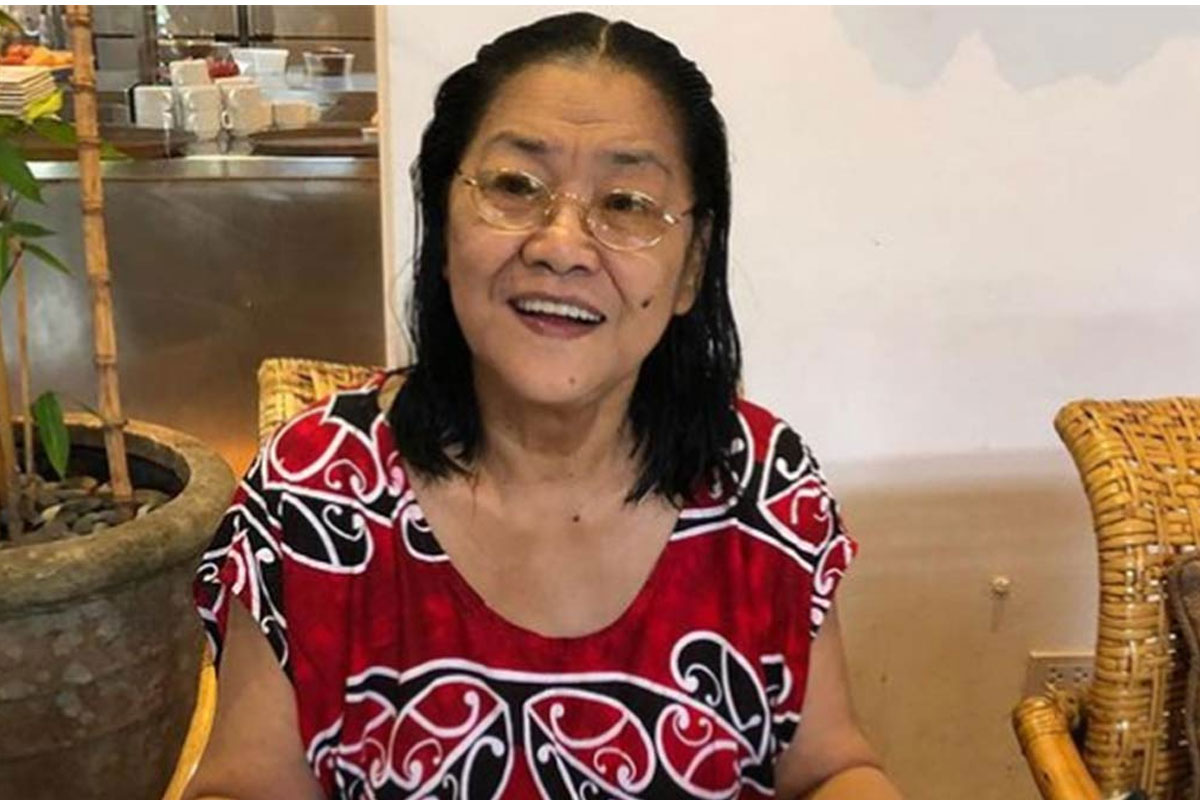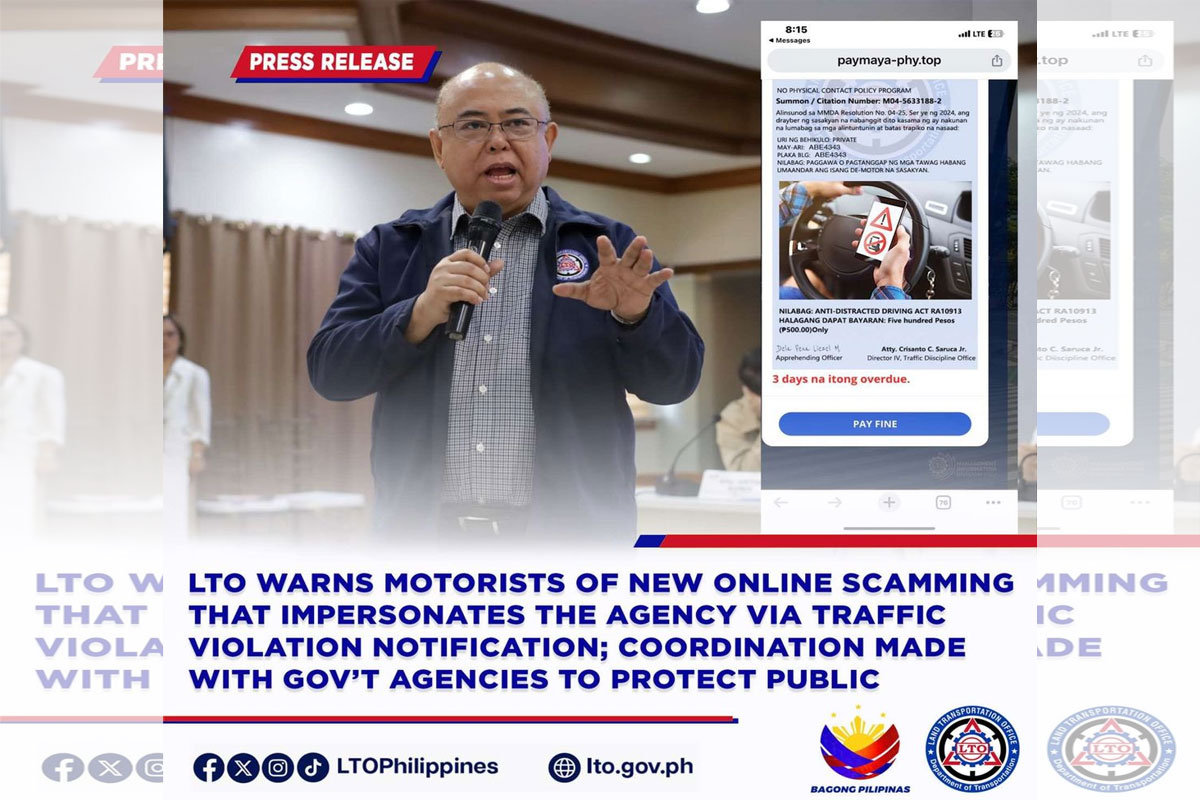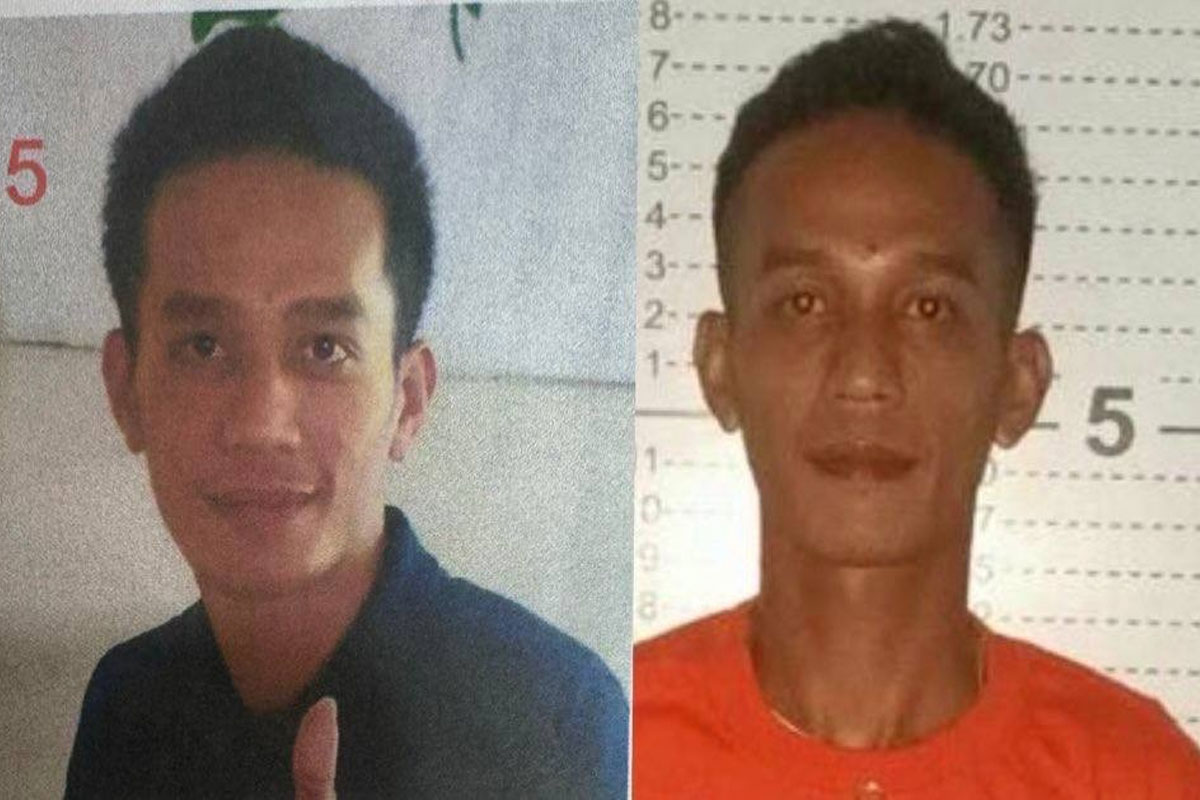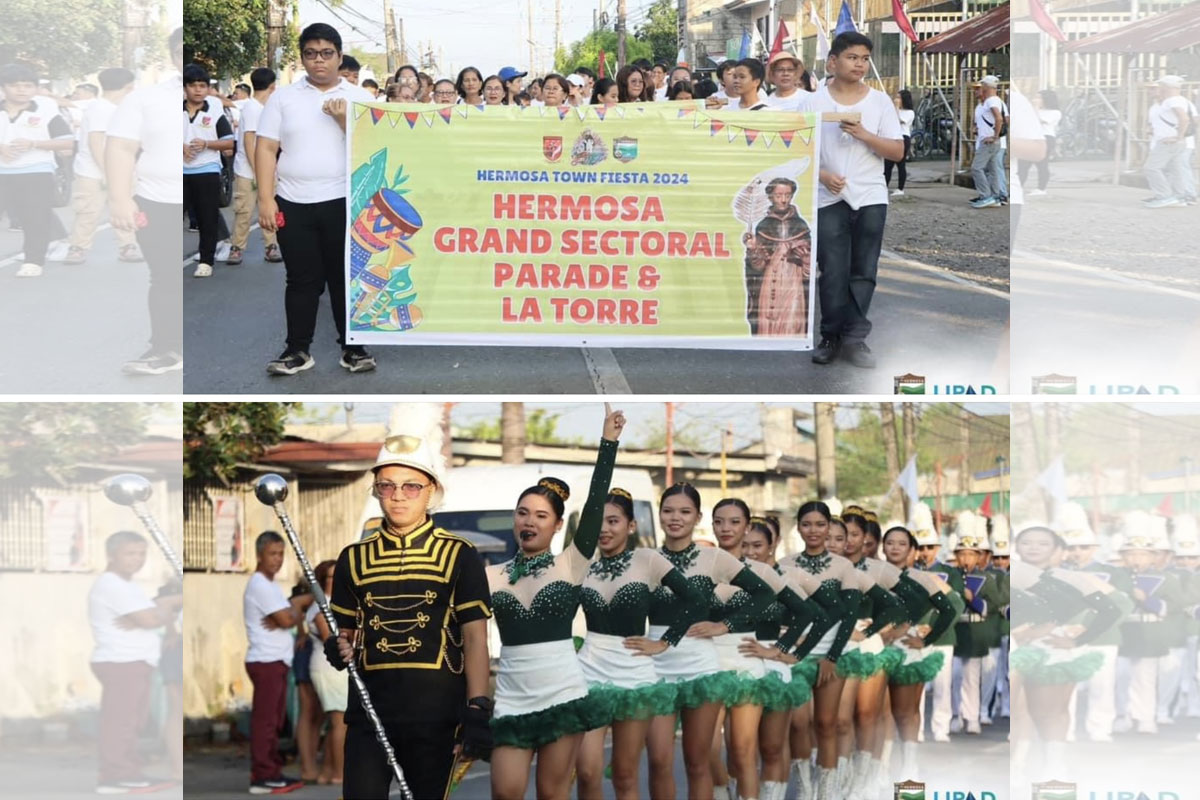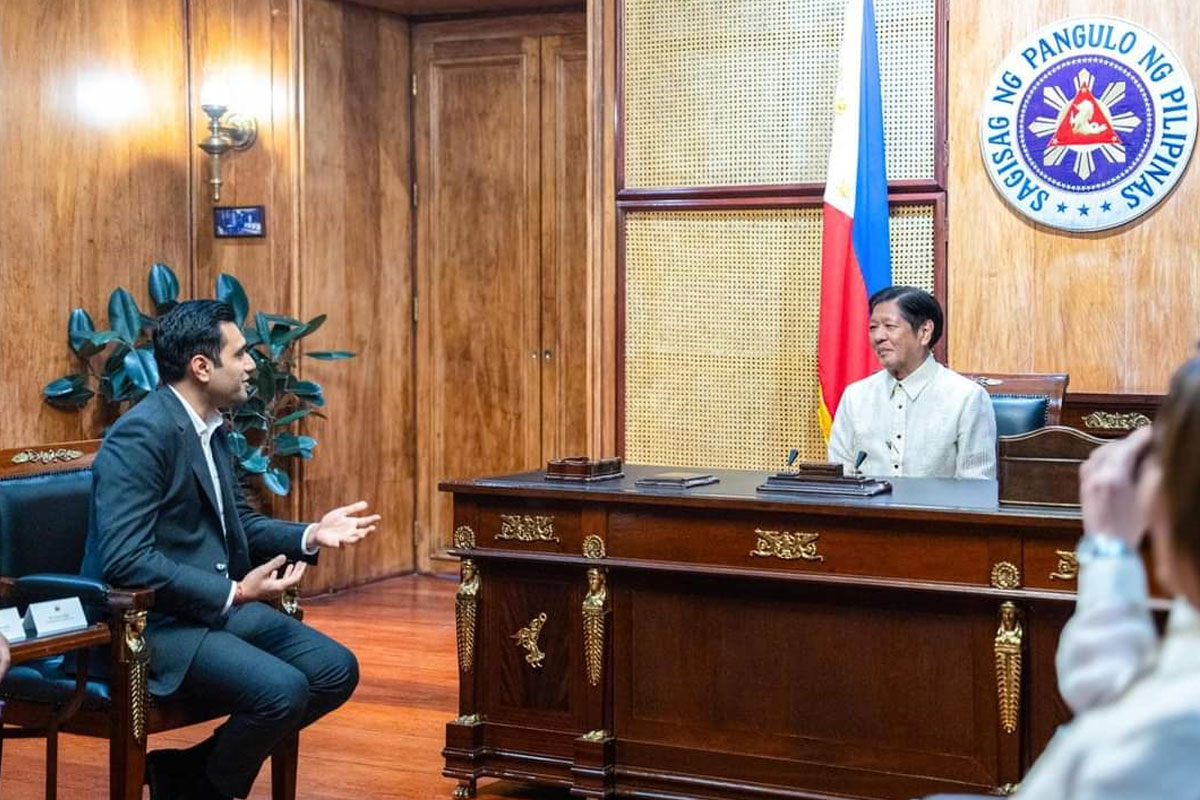
11 Asian nat’ls face human trafficking raps over Clark raid
ELEVEN Asian nationals accused of having a major role in the operations of a raided suspected POGO (Philippine Offshore Gaming Operator) hub inside Clark Freeport Zone in Pampanga on Saturday were inquested for violation of the country’s anti-trafficking in person act before the Department of Justice (DOJ).
The 11, composed of seven Chinese nationals, four Indonesians, and a Malaysian, are facing charges for violation of Republic Act (RA) 10364 or the Expanded Anti-Trafficking in Persons Act of 2012 in relation to Section 6 of RA 10175 or the Cybercrime Prevention Act of 2012, said PNP Anti-Cybercrime Group (PNP-ACG) director, Brigadier General Sydney S. Hernia.
State prosecutors from the National Task Force Against Trafficking led by Chief State Prosecutor Raymond Jonathan B. Lledo led the inquest proceedings against the 11 who were arrested on Thursday in the aftermath of the raid in Clark Freeport Zone, which led to the rescue of 1,048 employees, 919 of them foreigners said to be used by a syndicate to engage in different online scams victimizing targets here and abroad.
Raided at around 7:30 p.m. Thursday on the strength of search warrants for violation of RA 10364 in relation to RA 10175 was the POGO firm located along Jose Abad Santos Street in Mabalacat City in Pampanga, a report to PNP chief General Benjamin C. Acorda Jr. said.
Of the 919 foreigners “rescued” during the operation, 307 were Chinese nationals; one from Hongkong; 143 from Indonesia; 25 from Malaysia; seven from Myanmar; 40 from Nepal; two from Taiwan; five from Thailand; and 389 from Vietnam.
The remaining 129 are Filipinos from Metro Manila and other provinces.
The rescued persons were found inside six buildings of a firm alleged to be a “POGO hub,” where they were said to have been forced into working for a fraudulent cyber-enabled industry, victimizing their fellow citizens.
Discovered inside the raided buildings were rooms disguised as gyms, libraries, or coffee shops wherein callers make contact with their targets to make them believe they are studying, working, or having coffee.
One official said that they have found out that the Thai and Vietnamese workers who were fluent in English were the ones making calls with their victims. As soon as their targets want to see their faces, the Filipina employees would appear in the video while showing they are in a library, a music room, a gym, or a coffee shop.
Acorda expressed his gratitude to all those involved in this successful operation and commended their unwavering commitment to protecting the rights and welfare of human trafficking victims.
“We will continue to work closely with other agencies to ensure that those who engage in such heinous crimes are held accountable. We must all unite in this fight against human trafficking and help put an end to this inhumane practice,” said the top cop.
“The PNP remains steadfast in its commitment to eliminating human trafficking in the Philippines and pledges to transform the country into a secure place where Filipinos and foreign nationals alike can thrive, explore and conduct business without fear,” he added.
The rescued foreign nationals were documented for booking and possible deportation even as authorities urged the public to report any suspicious activities related to human trafficking to the nearest police station or through the PNP Anti-Trafficking in Persons Hotline at 1343.
The rescued workers were found to be engaged in different Internet fraud or deception which makes use of the Internet. They include the so-called “Love or Romance Scam,” Boiler Room, and phishing, wherein scammers lure their targets into providing them with personal information such as credit card and mobile phone numbers and other sensitive information they can use to make purchases or steal one’s identity.
Officers from the PNP, Presidential Anti-Organized Crime Commission (PAOCC), the Bureau of Immigration (BI), Department of Social Welfare and Development (DSWD), and the Inter-Agency Council Against Trafficking (IACAT) were involved in the massive operation which saw lawmen searching six buildings in the area.
“This is a whole-of-government approach to address cases of trafficking in persons in the country,” said Hernia.
Recovered during the raids conducted on the strength of seven search warrants and warrant to search, seize, and examine computer data issued by Judge Hermenegildo Dumlao of the Malolos City Regional Trial Court Branch 81 in Bulacan were assorted computer sets, mobile phones, and other gadgets.
The PAOCC, headed by Executive Director Gilbert DC Cruz, provided full support to the PNP-ACG, the PNP Special Action Force (SAF) under Brig. Gen. Rudolph B. Dimas, the PNP Intelligence Group (IG) headed by Colonel Romeo J. Macapaz and the Mabalacat Municipal Police Station (MPS) during the conduct of the searches and the rescue of the human trafficking victims.
“We have discovered that the over 1,000 victims were forced to work for a cyber-fraudulent industry. This is a case of human trafficking and we are still processing everything,” said Hernia.
A “whole-of-government approach” is currently being used by the Marcos administration to fight trafficking in persons and online frauds despite many challenges and difficulties.
In the “Boiler Room” scam, an outbound call center sells questionable investments by telephone.
In the “Romance” or “Love” scam, a syndicate goes after targets by crating fake profiles on legitimate Internet dating services. Once they have found a target, a member of the syndicate who often claims to be working overseas will express strong emotions to her/him in a relatively short period of time, mostly appealing to their victim’s romantic or compassionate side to ask money, gifts or bank/credit card details.



